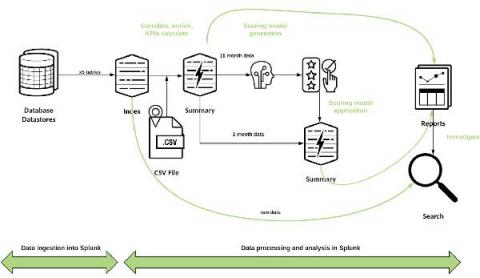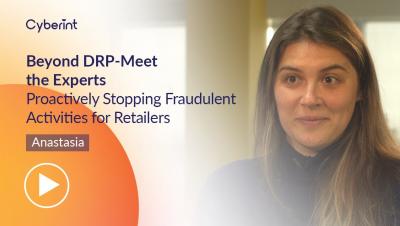Fighting Digital Payment Fraudsters in Real-time: A Winning Framework (Part 1)
A few weeks ago Seattle-based financial services and data management firm Automatic Funds Transfer Services (AFTS) suffered a serious ransomware attack. A gang called “Cuba” hacked and stole approximately 20 months’ worth of AFTS data, including financial documents, correspondence with bank employees, account movements, balance sheets, and tax documents. The compromised data then was offered for sale on the dark web.









